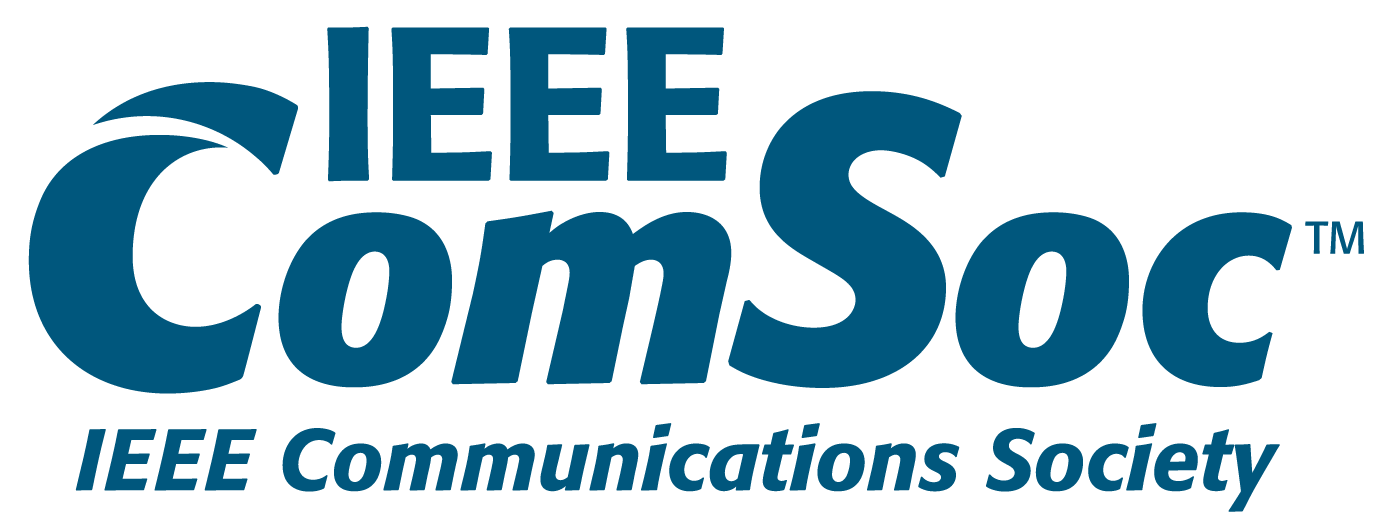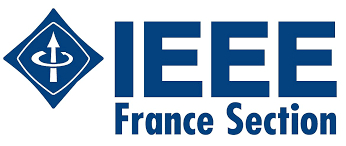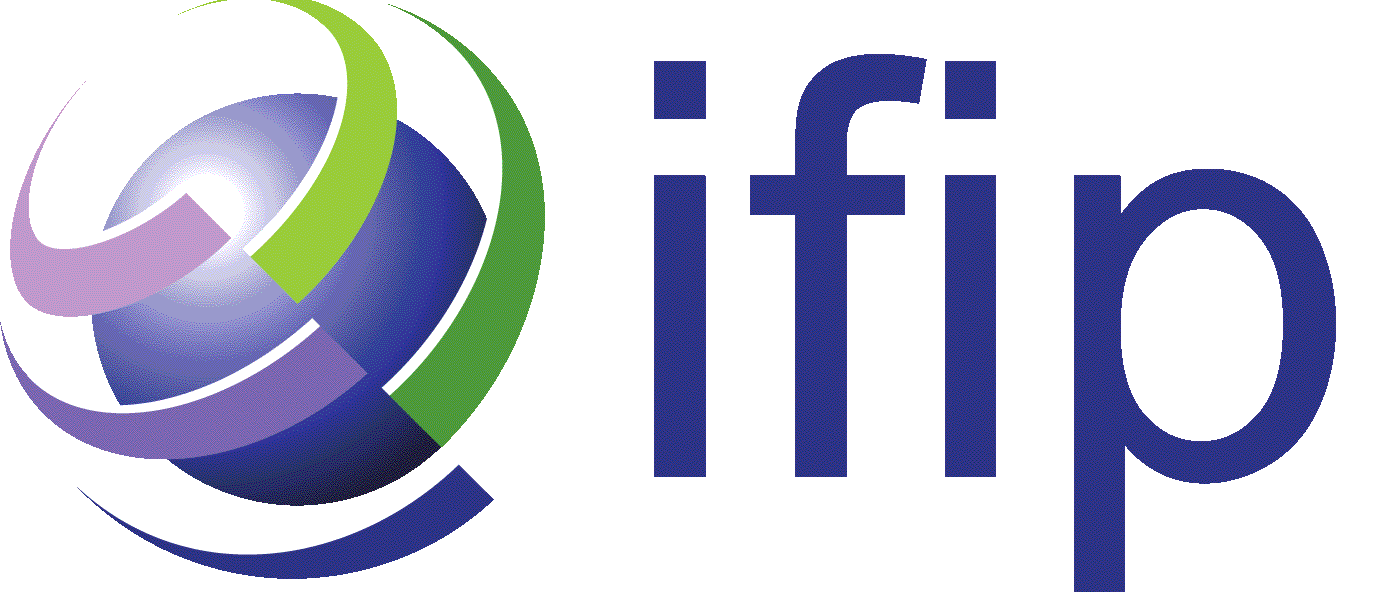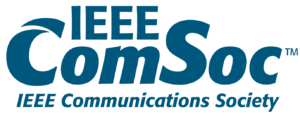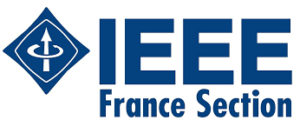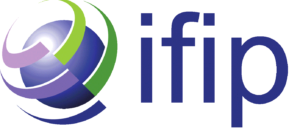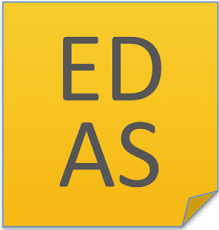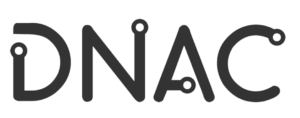NTMS 2025 Call For papers
We are pleased to invite your submissions for the 12th IFIP International Conference on New Technologies, Mobility and Security (NTMS 2025), which will be held in Paris, France, from June 18 to 20, 2025!
The conference aims at fostering advances in the areas of New Technologies, Wireless Networks, Mobile Computing, Ad hoc and Ambient Networks, QoS, Network Security and E-commerce, to mention a few, and provides a dynamic forum for researchers, students and professionals to present their state-of-the-art research and development in these interesting areas.
The NTMS 2025 conference will bring together top-notch experts from academia and industry to stimulate discussions, introduce new ideas and thereby contribute to the progress of New Technologies, Mobility and Security research.
NTMS 2025 is technically co-sponsored by IEEE, IEEE ComSoc, IEEE France Section and IFIP
All accepted and presented papers will be submitted for publication in IEEE Xplore Digital Library.
We invite authors to submit original contributions in the specific topics include but are not limited to the ones listed below
Track 1 : Mobility & Wireless networks
– Beyond 3G, 4G, LTE, and WiMAX Networks
– Wireless Local Area Networks
– Wireless Personal Area Networks
– Wireless Ad Hoc and Mesh Networks
– Wireless Vehicular Networks
– Cognitive Radio Networks
– Satellite Networks
– Self-organizing and Re-configurable Wireless Networks
– Energy Efficient Wireless Sensor Network Solutions
– Wireless MAC Protocols
– Scheduling Techniques for Wireless Networks
– Wireless QoS Routing Algorithms
– Radio Resource Allocation and Management
– Cross-layer Design and Optimization in Wireless Networks
– Clustering, Topology Control, Coverage and Connectivity
– Cooperation and Relaying in Wireless Networks
– Analysis, Simulation and Performance Evaluation
– Integration of Heterogeneous Mobile, Wireless and Wire-line Radio
– Mobility, Location Management and Handover Techniques for Wireless Mobile Networks
– Multimedia over Wireless and Mobile Systems
– Power-aware Architectures, Algorithms and Protocols for Wireless/Mobile Networks
– Wireless Services and Middleware Platforms
– Green Radio Communications
– Measurements, Testbeds and Deployment of Wireless Systems
Track 2: Cyber Security
– Security engineering. Methodologies, formalisms, modeling, tools, code instrumentation
– Cryptography. Algorithms, protocols, attacks
– Security in distributed systems.
– Cryptographic Hardware and Embedded Systems.
– Light-weight cryptography.
– Information Hiding.
– Steganography
– Privacy and Anonymity.
– Security assurance. Evaluation, testing, formal proofs, certification.
– Quantum Cryptography and QKD.
– Trusted computing. Analyses and attacks, practical applications…
– Surveillance and monitoring. Intrusion detection, monitoring techniques, architectures,…
– Infrastructure. Middleware, proxies, PKIs, AAAs, SSO, credentials…
– Social and psychological aspects of security. User-centered security evaluation, perception of security and threats…
– Security and usability.
Application areas:
– Service Oriented Computing. Platform security, access control, Security of the SOC processes (Negotiation, Orchestration), Identification of services…
– Cloud computing. Platform security, data protection, software protection, surveillance and dynamic reaction.
– Ubiquitous computing, pervasive computing and ambient intelligence.
Secure system models, development support, dynamic reaction, self-*systems
– Embedded systems. Dynamic replaceability, system security assessment, secure system composition, tampering-resistance…
– Security in system evolution. Design for secure evolution, evolution-oriented surveillance, security patches…
– Critical Infrastructures. Protection architectures, redundancy and replication, scalability issues…
Track 3: New Technologies & services
– New generation Internet, Post IP and IPv6
– NGN architectures, protocols and services management and delivery
– Web 2.0 applications and IMS (IP Multimedia Subsystems)
– Next generation systems & Service-oriented techniques
– IPTV and content distribution networks
– User-centric networking and services
– multimedia indexing and retrieval
– Personalized access to media systems
– Context/content-aware services
– Smart Homes and E-Health
– Web Commerce & Services, Data models, Web searching & querying
– Web Mining & Web Semantics
– Web service based Grid computing and P2P computing
– Advanced identification techniques (Biometrics, RFID, etc.)
– Virtualization technologies for grid and parallel computing.
– Interactive media, voice and video, games, immersive applications
– Network virtualization, virtual private networks (VPN), and services – VoIP protocols and services
– Content-based networking: caching, distribution, load balancing,resiliency
Submission guidelines
NTMS 2025 solicits original, unpublished work not currently under review by other conferences or journals. All Papers submitted to NTMS 2025 will be assessed based on originality, technical soundness, clarity and interest to a wide audience.
Technical papers can be of four types: full papers, short papers, Poster & Demo papers and Abstract paper
- Full papers will not exceed 9 pages (11-point font) including tables, figures and references.
- Short papers should not exceed 4 pages (11-point font) including tables, figures and references.
- Poster & Demo papers should not exceed 3 pages (11-point font) including tables, figures and references.
- Abstract paper should not exceed 2 pages (11-point font) including tables, figures and references.
All Submissions must be written in English, and must use standard IEEE two-column conference template, available for download from the IEEE website:
https://www.ieee.org/conferences/publishing/templates.html
Only PDF files will be accepted for the review process, and all submissions must be done electronically through EDAS using the following link: https://edas.info/N33067
Papers exceeding page limits, multiple submissions, and self-plagiarized papers will be rejected without further review. All other papers will sustain a thorough single-blind review process.
Authors of best papers will be invited to submit an extended version in Annals of Telecommunications, a Springer Journal.


